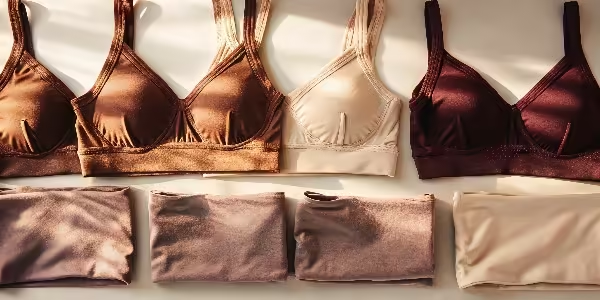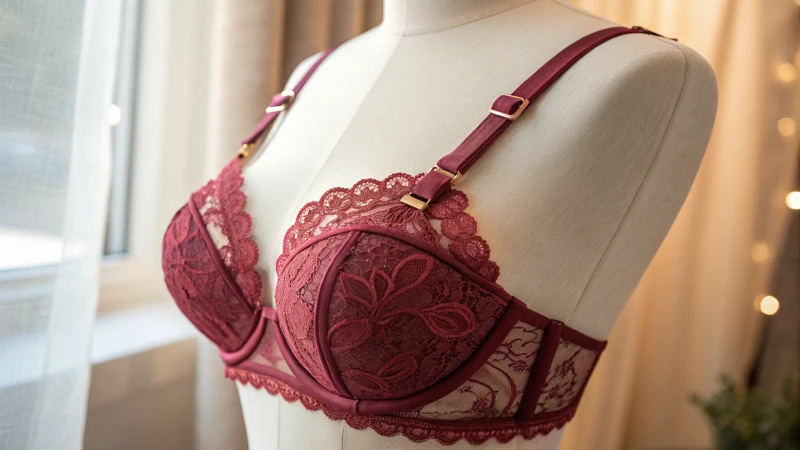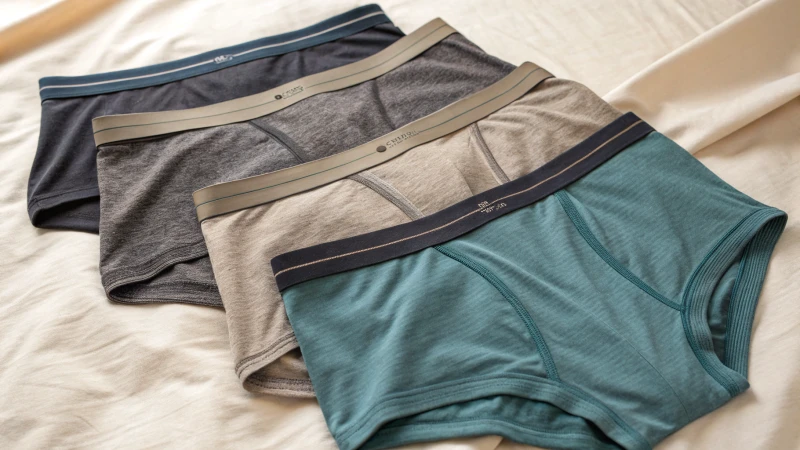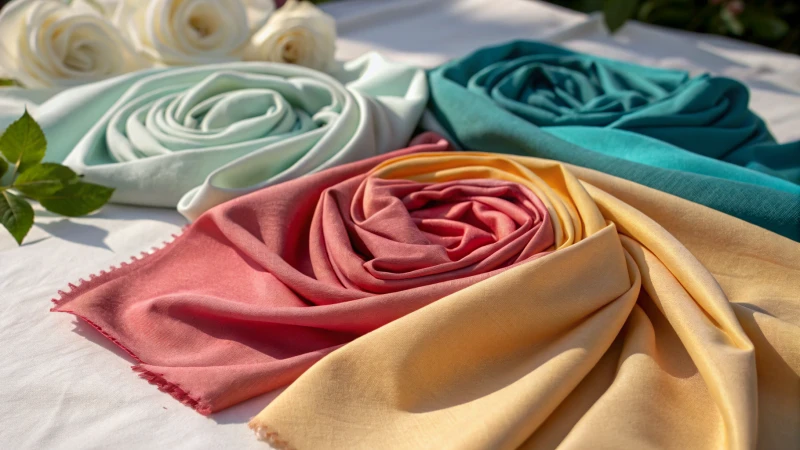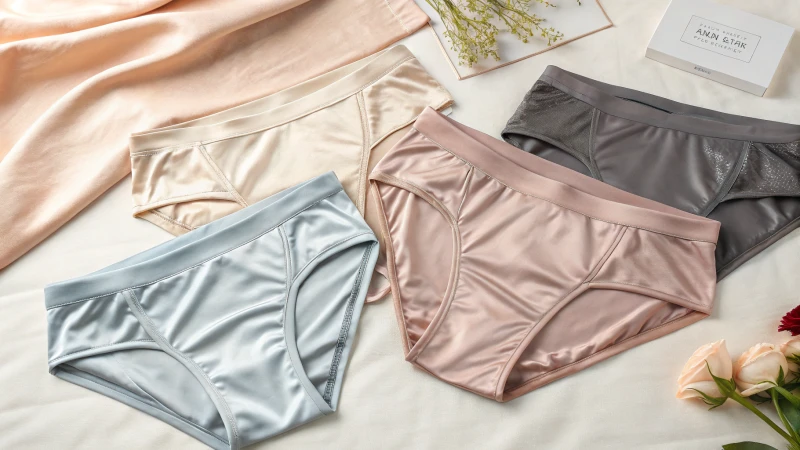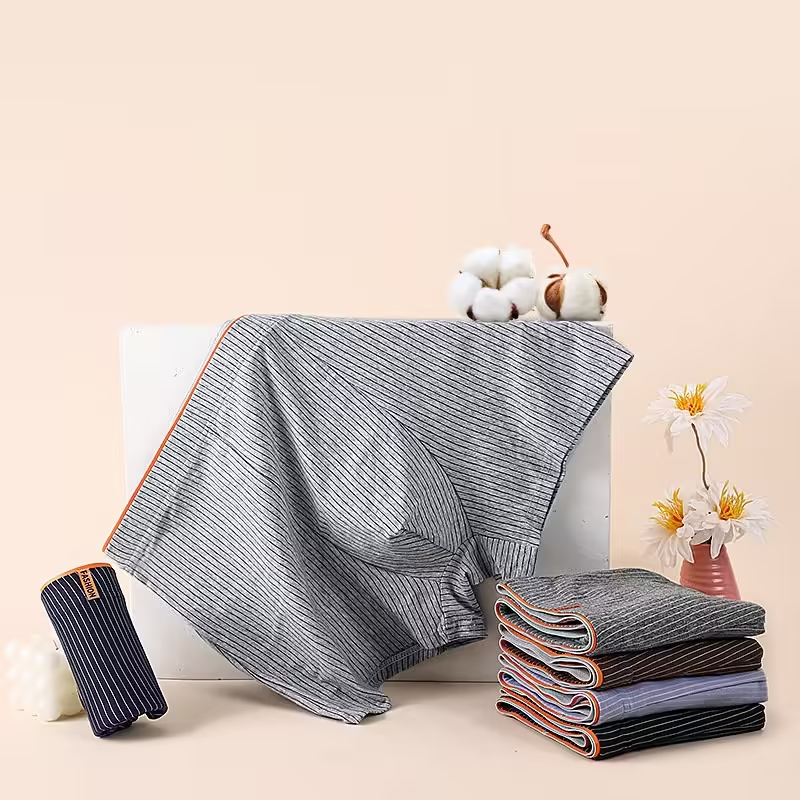
Heading to a tropical paradise soon? Don't forget the essentials, especially your travel-friendly underwear!
When traveling in hot climates, opt for underwear crafted from breathable, moisture-wicking materials such as cotton, bamboo, or quick-drying synthetics. These fabrics ensure you stay cool, dry, and comfy, while also preventing chafing and unpleasant odors.
I remember one trip to Southeast Asia where I quickly learned the importance of picking the right underwear. Sweaty and uncomfortable was not the look I was going for! So, while choosing the fabric is key, other elements like fit, design, and handy features can make or break your travel experience. Let’s explore how you can make the smartest choices for your next adventure.
Cotton is the best fabric for hot climates.False
While breathable, cotton retains moisture, unlike quick-drying synthetics.
Moisture-wicking underwear reduces chafing.True
Moisture-wicking fabrics keep skin dry, reducing friction and chafing.
Why Are Breathable Fabrics Essential for Hot Weather Travel?
Ever found yourself sweltering in the heat, longing for a cool breeze while traveling? I've been there, and that's why I swear by breathable fabrics.
Breathable fabrics like cotton, linen, and bamboo are essential for hot weather travel because they promote airflow, wick moisture, and enhance comfort by reducing sweat buildup and overheating.

Understanding Breathable Fabrics
Picture this: I'm trekking through a bustling market in Southeast Asia, the sun beating down relentlessly. But instead of feeling like I'm melting, I'm surprisingly comfortable. That's the magic of breathable fabrics1 like cotton and linen. They allow air to circulate and help evaporate sweat, keeping me cool and preventing that sticky, uncomfortable feeling.
Table: Benefits of Common Breathable Fabrics
| Fabric | Benefits |
|---|---|
| Cotton | Soft, breathable, absorbs moisture |
| Linen | Highly breathable, quick-drying |
| Bamboo | Moisture-wicking, antimicrobial |
These fabrics are lifesavers when it comes to maintaining a stable body temperature. Imagine exploring a new city all day without feeling drained by the heat—it's possible with the right clothing.
The Role of Moisture-Wicking Properties
I remember the first time I discovered moisture-wicking fabrics during a trip to an outdoor festival. Polyester2 and nylon outfits kept me dry even as I danced under the scorching sun. These materials pull sweat away from my skin, letting it evaporate quickly. In hot climates, staying dry not only boosts comfort but also prevents skin irritation.
Quick-Drying Features for Convenience
On one adventure, a sudden rainstorm soaked my clothes. Thankfully, my synthetic fabric3 outfit dried quickly, saving me from a soggy day. Quick-drying fabrics are perfect for travelers who need versatility—whether washing clothes on the go or dealing with unexpected weather.
Choosing the Right Fit
The fit of clothing matters as much as the fabric itself. I once wore a loose shirt that clung uncomfortably with sweat, reminding me of how important a good fit is. Choose garments that allow air circulation without being too baggy. Look for seamless or flat seams to minimize friction during long walks or activities.
By integrating breathable fabrics into my travel wardrobe, I've not only enhanced my comfort but also experienced better hygiene and convenience while exploring hot destinations.
Cotton is not a breathable fabric.False
Cotton is known for its breathability and moisture absorption.
Polyester has excellent moisture-wicking properties.True
Polyester is designed to pull sweat away from the skin efficiently.
How Do Moisture-Wicking Properties Enhance Comfort?
Remember that feeling when your clothes stuck to your skin after a workout? What if there was a way to avoid that?
Moisture-wicking fabrics pull sweat away from your skin to the fabric's surface, where it can evaporate quickly. This keeps you dry and comfortable, reducing chafing and skin irritation during physical activities.
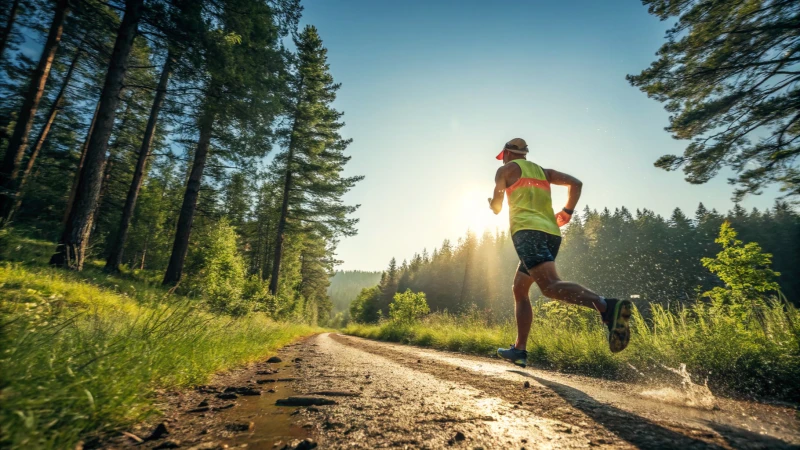
The Science Behind Moisture-Wicking Fabrics
I still recall the first time I wore a moisture-wicking shirt during a long run. I was skeptical at first, but as the miles ticked by, I felt surprisingly fresh. These fabrics, made from synthetic fibers like polyester or nylon, are hydrophobic. This means they repel water, moving sweat away from my skin using capillary action—a fancy term for how moisture travels through tiny tubes in the fabric to the surface, where it can evaporate.
Most moisture-wicking garments feature a dual-layer design: an inner layer pulls moisture away, while an outer layer ensures it dries quickly. Understanding capillary action4 helped me appreciate just how these fabrics work their magic.
Benefits Over Traditional Materials
I used to wear cotton tees for workouts until I realized they held onto sweat like a sponge, leaving me drenched and uncomfortable. In contrast, moisture-wicking fabrics keep the skin dry and cool. Here’s how they stack up against cotton:
| Feature | Moisture-Wicking Fabric | Cotton |
|---|---|---|
| Moisture Management | Excellent | Poor |
| Drying Speed | Fast | Slow |
| Odor Resistance | High | Low |
| Comfort Level | High | Moderate |
Having experienced both, I can vouch for the difference. Explore more on fabric technologies5 to see how they fare in different settings.
Choosing the Right Moisture-Wicking Fabric
When I’m picking out clothes for a high-intensity session, I gravitate toward fabrics with added features like antimicrobial properties. They not only wick away moisture but also combat odor—a godsend after a tough workout.
Merino wool is another favorite of mine. It wicks moisture, regulates temperature, and naturally resists odors. For casual days, lightweight synthetics offer comfort without skimping on style.
If you’re curious about merino wool’s unique benefits, learn more here6. It's amazing how these fabrics make such a difference in comfort across various activities.
Moisture-wicking fabrics dry faster than cotton.True
Moisture-wicking fabrics are designed to evaporate moisture quickly.
Cotton is better at moisture management than synthetics.False
Cotton absorbs moisture, leading to slower evaporation and discomfort.
Why Choose Quick-Drying Underwear?
Picture this: you're backpacking through Europe, living out of a suitcase. The last thing you want is to worry about laundry. Enter quick-drying underwear, the unsung hero of every traveler’s wardrobe.
Quick-drying underwear is a game-changer for travelers, offering speedy drying times, reduced odor, and breathable fabrics that wick away moisture, keeping you comfortable and fresh on your adventures.
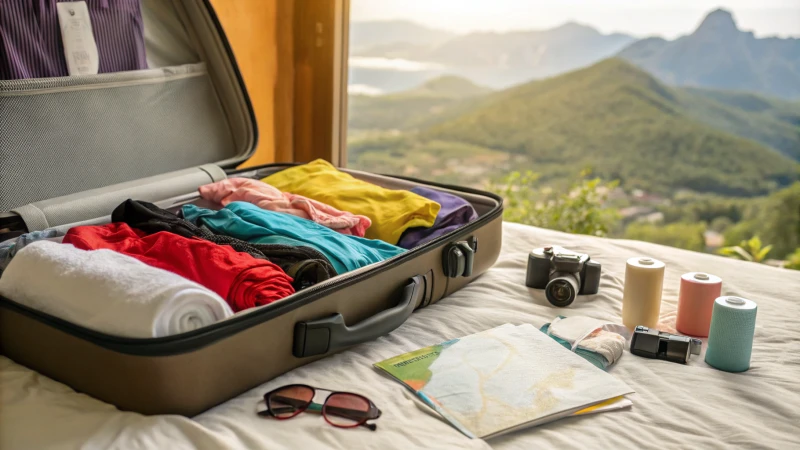
Why Choose Quick-Drying Underwear?
I remember my first solo trip where I learned the hard way that packing light meant frequent laundry stops. Quick-drying underwear saved me countless times, allowing me to rinse them in the hotel sink and have them ready by morning. This small change made a huge impact on my travel efficiency.
Quick-drying underwear is indispensable for travel enthusiasts7. It offers several benefits: reduced drying time, allowing you to wash and reuse quickly, and space-saving as it is often lightweight and compact. This means you can pack fewer pairs and still maintain hygiene.
Comparing Fabrics: Cotton vs. Synthetics
When it comes to choosing the right fabric, I’ve found that synthetic options like polyester and nylon are my go-to. They dry in a flash compared to cotton, which means I spend less time waiting and more time exploring. Plus, their moisture-wicking properties8 keep me feeling fresh all day.
| Fabric Type | Drying Time | Moisture-Wicking | Comfort |
|---|---|---|---|
| Cotton | Slow | Low | High |
| Synthetics | Fast | High | High |
Odor Control for Long Journeys
On those longer journeys, odor control becomes paramount. I once trekked for days without access to laundry facilities, and the antimicrobial properties in some fabrics like merino wool made all the difference. They kept me confident and less worried about offending fellow travelers with less-than-fresh attire.
Odor control is crucial on long trips. Fabrics with antimicrobial properties, such as merino wool, naturally resist odors. This feature is particularly useful for backpackers9, as it extends the freshness of the garment between washes.
Design Features: Seams and Fit
For anyone who’s ever spent hours hiking or walking around a new city, you know how important comfort is. I always opt for seamless or flat-seamed designs to avoid friction. A well-fitting pair of boxer briefs or trunks is essential to prevent irritation during those long days of exploration.
Look for underwear with seamless or flat seams to minimize friction. Boxer briefs or trunks that fit well without being too tight or loose prevent irritation. This design is ideal for activities like hiking, where long hours of wear can cause discomfort.
Additional Considerations
- Breathability: Fabrics like bamboo have been great for regulating my body temperature during different climates.
- Weight & Compactness: Lightweight options save luggage space, crucial for minimalists like myself who are all about saving space in luggage.
- Versatility: Whether I’m packing for myself or recommending options to friends, quick-drying underwear is a versatile choice that works for everyone.
Understanding these features has really helped me make smart choices when packing for trips. It’s all about maximizing comfort and convenience so I can focus on enjoying the journey rather than worrying about what’s in my suitcase.
Synthetic underwear dries faster than cotton.True
Synthetic fabrics like polyester and nylon dry faster than cotton.
Cotton underwear offers better moisture-wicking than synthetics.False
Synthetic fabrics have better moisture-wicking properties than cotton.
How Can Seamless Designs Prevent Chafing During Long Walks?
Ever had a fun walk turn into a painful hobble because of chafing? I sure have. But what if seamless clothing could be the hero we need to keep long walks comfortable?
Seamless designs help prevent chafing by reducing friction, thanks to the absence of bulky seams that often cause irritation. Their smooth fit is perfect for long walks, minimizing skin irritation and enhancing comfort.
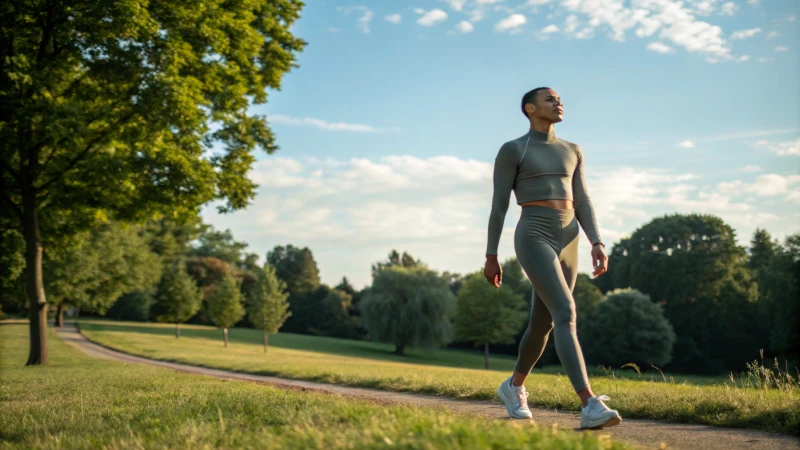
Understanding the Basics of Chafing
I remember one summer hike when I was so excited to hit the trails that I didn’t pay much attention to what I was wearing. Big mistake! A few hours in, I started feeling that dreaded burning sensation on my thighs. Chafing happens when your skin rubs against clothing or even itself, leading to discomfort and irritation. It’s especially common in areas like the thighs, underarms, and nipples.
The Role of Seams in Clothing
Traditional clothing often has these seams that can feel like sandpaper after a while. On that hike, my shorts had bulky seams that became pressure points, rubbing against my skin with every step. This friction is usually what causes chafing.
Why Seamless Designs?
Seamless clothing is like a revelation—I’ve found it creates far less irritation. These garments are made using technology that knits them in one piece, so there are no irritating seams to worry about.
| Feature | Benefit |
|---|---|
| No seams | Reduces friction |
| Even pressure | Distributes pressure evenly |
| Smooth surface | Enhances comfort |
Material Matters
Beyond just the seamless design, fabric choice is key to staying comfortable. Breathable fabrics10 like polyester blends or merino wool have been lifesavers for me. They wick moisture away from the skin, keeping it dry and reducing the risk of chafing.
Choosing the Right Fit
The fit of your clothing can make all the difference. I’ve learned that a snug but not tight fit helps the fabric move with your body rather than against it, minimizing rubbing. Boxer briefs or trunks are my go-to for support without any annoying bunching.
Practical Tips for Long Walks
To keep chafing at bay, I often layer with moisture-wicking undergarments and sometimes use lubricants or powders designed to minimize friction. Pairing moisture-wicking underwear11 with seamless outer layers offers me comprehensive protection.
By choosing seamless designs along with smart fabric selections and proper fitting clothes, I can now enjoy those long walks without worrying about discomfort. Here's to more adventures without the pain!
Seamless designs eliminate chafing during long walks.False
While seamless designs reduce friction, they don't completely eliminate chafing.
Breathable fabrics help prevent skin irritation.True
Breathable fabrics wick moisture away, reducing skin irritation risk.
Conclusion
For hot climate travel, choose breathable, moisture-wicking, quick-drying underwear made from lightweight fabrics like bamboo or synthetics to ensure comfort and prevent chafing.
Explore different breathable materials to find suitable options for staying cool in hot weather. ↩
Discover how moisture-wicking technology can enhance comfort by keeping you dry. ↩
Learn about synthetic options that offer quick drying times for convenience on the go. ↩
Explore the concept of capillary action to understand how moisture-wicking fabrics keep you dry during activities. ↩
Discover innovations in fabric technology that enhance comfort and performance in sportswear. ↩
Discover innovations in fabric technology that enhance comfort and performance in sportswear. ↩
Explore how quick-drying underwear enhances travel efficiency and comfort through real-life traveler experiences. ↩
Learn about top moisture-wicking fabrics to choose the best quick-drying underwear for your needs. ↩
Discover how odor-resistant materials help maintain freshness during extended travel periods. ↩
Breathable fabrics wick moisture away from the skin, reducing friction and chafing risk. ↩
Moisture-wicking underwear keeps you dry, reducing friction and preventing chafing on long walks. ↩

